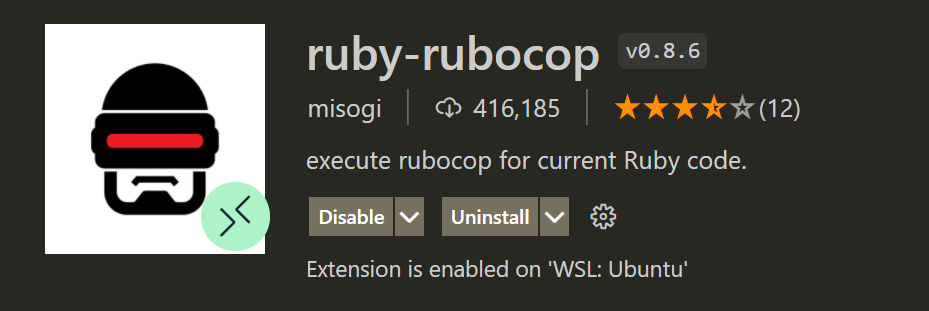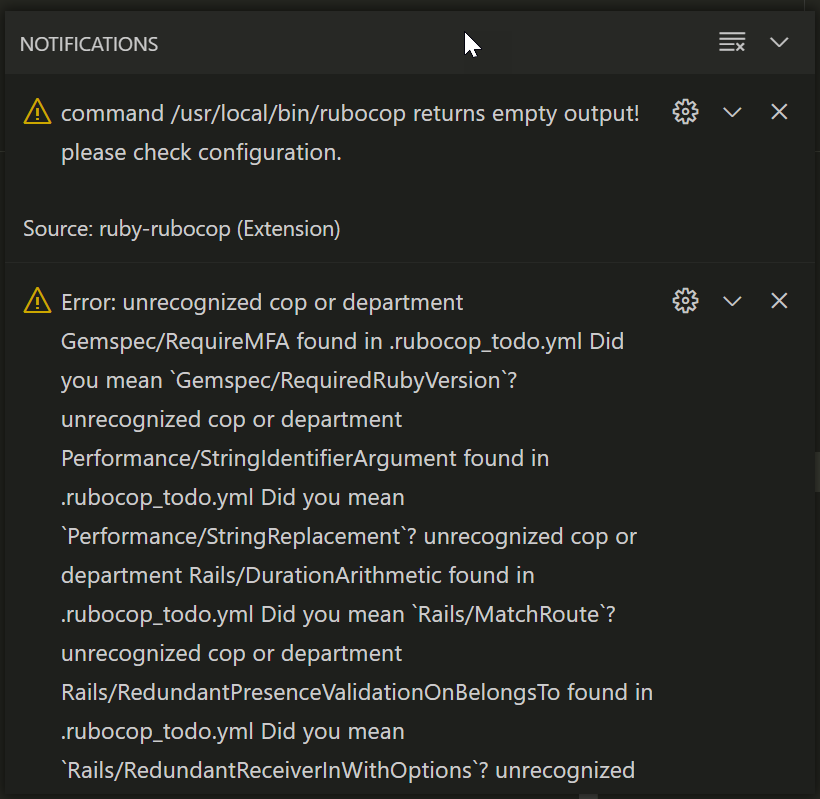Running in Docker
Quickly get started with
docker run --name somename -p 6379:6379 redis
Connection
The simplest connection string is to use localhost which just connects to the localhost on port 6379.
Querying
Redis is a really simple server to which you can just telnet (or use the redis-cli) to run commands.
List All Keys
This might not be a great idea against a prod server with lots of keys
keys *
Get key type
Redis supports a bunch of different data primatives like a simple key value, a list, a hash, a zset, … to find the type of a key use type
type HereForElizabethAnneSlovak
+zset
Set key value
set blah 7
This works for updates too
Get key value
get blah
Get everything in a zset
ZRANGE "id" 0 -1
Count everything in a zset
zcount HereForjohnrufuscolginjr. -inf +inf
Get the first thing in a zset
ZRANGE "id" 0 0
Get everything in a set
SMEMBERS HereFeedHashTags
Get the first member of a list
LPOP somekey
Get the last member of a list
RPOP somekey
Get the contents of a hash
HGETALL somekey
Clear out the whole database
FLUSHALL
Clear just the current db
FLUSHDB
Stats on keys
INFO keyspace
Get an idea of db size
INFO Memory

